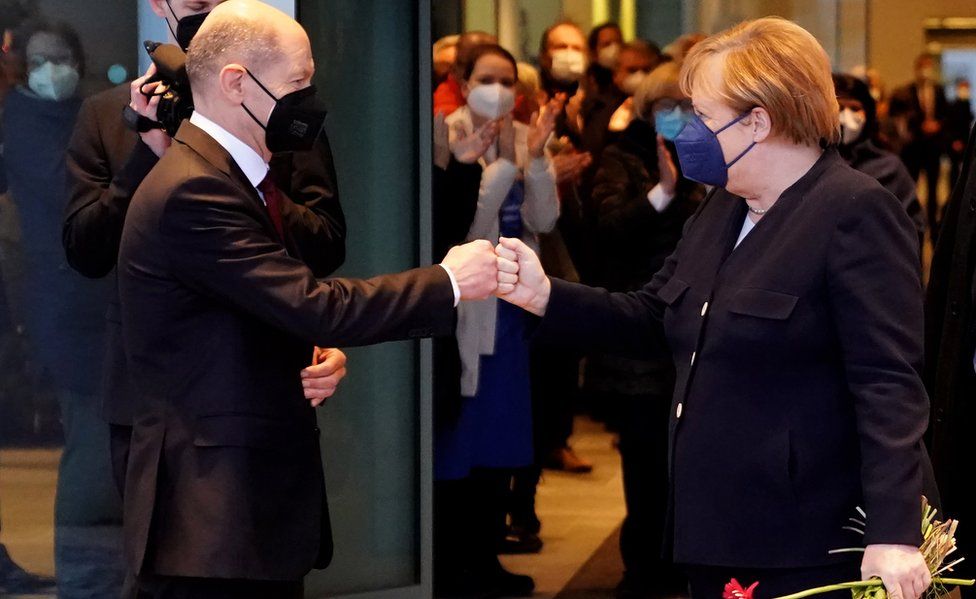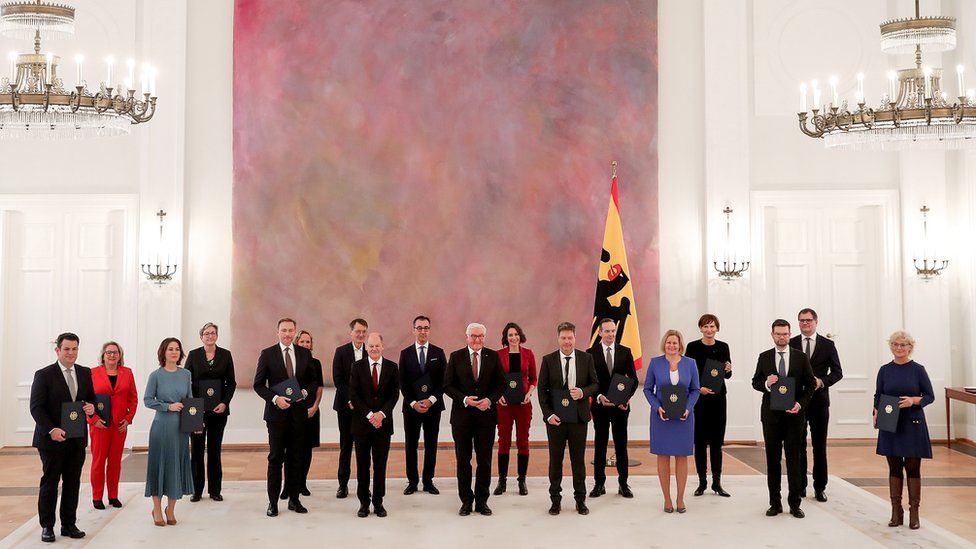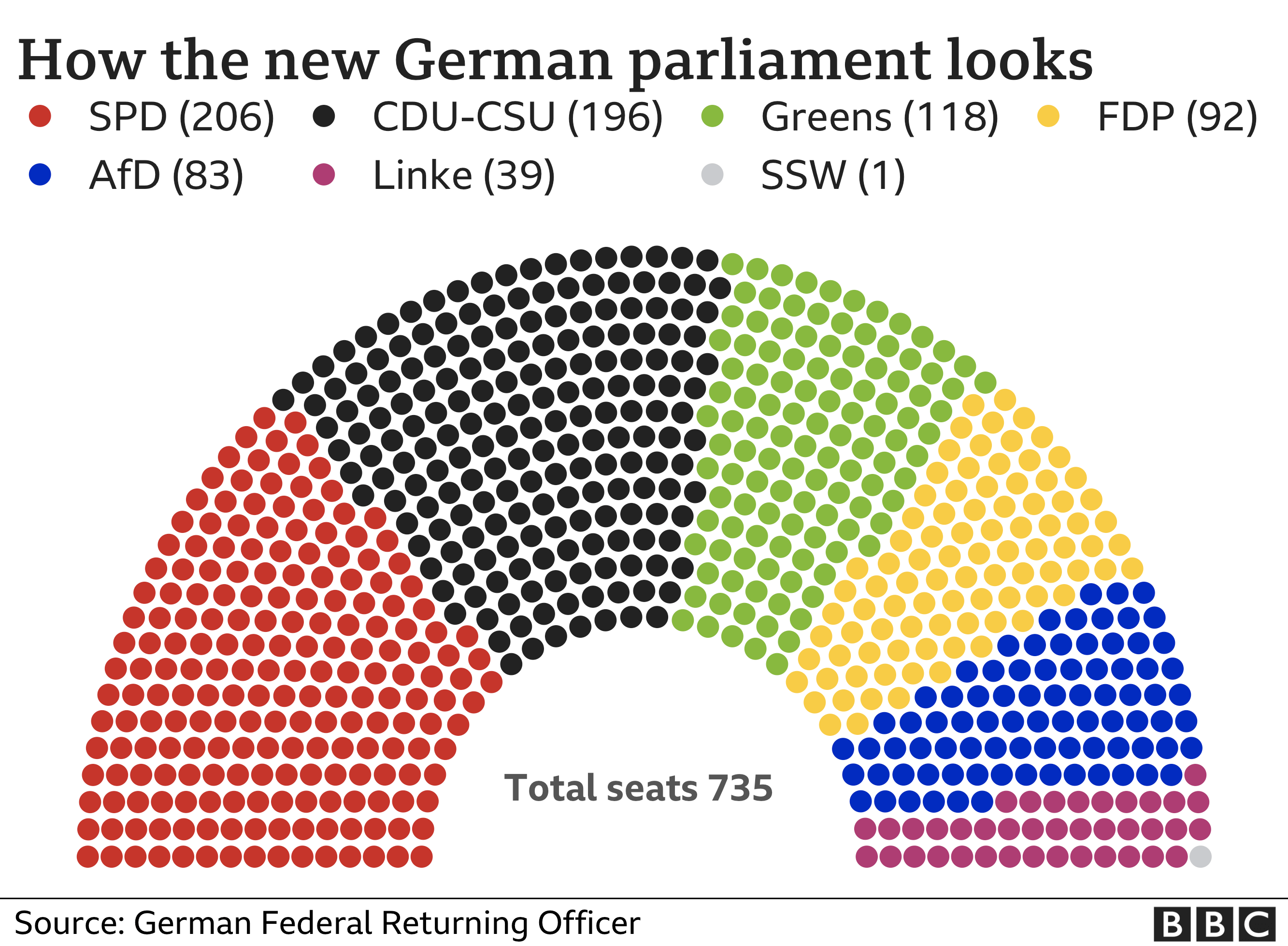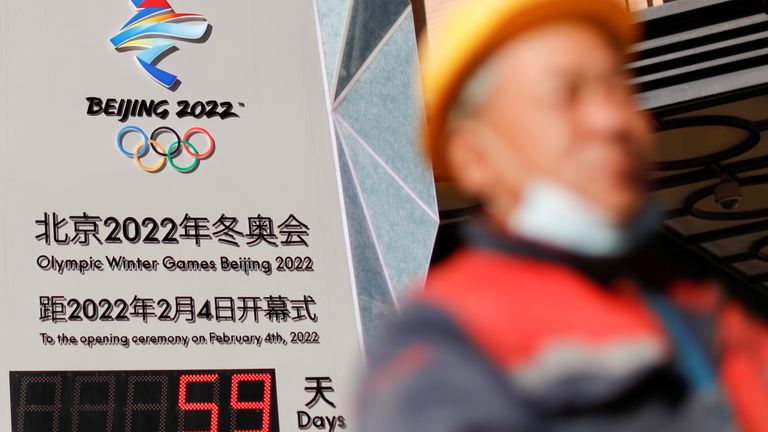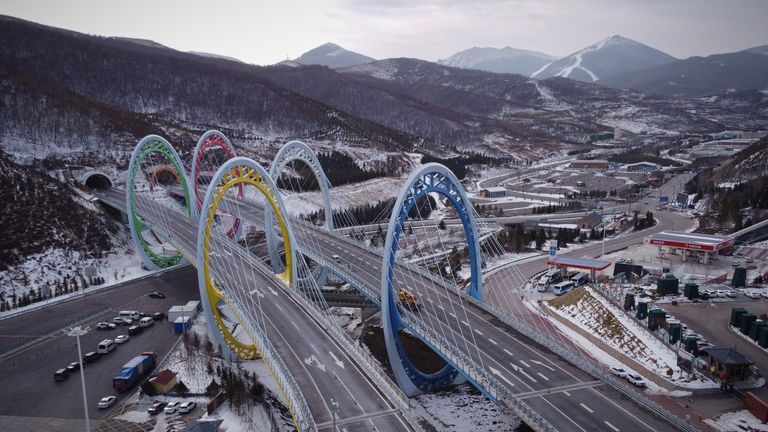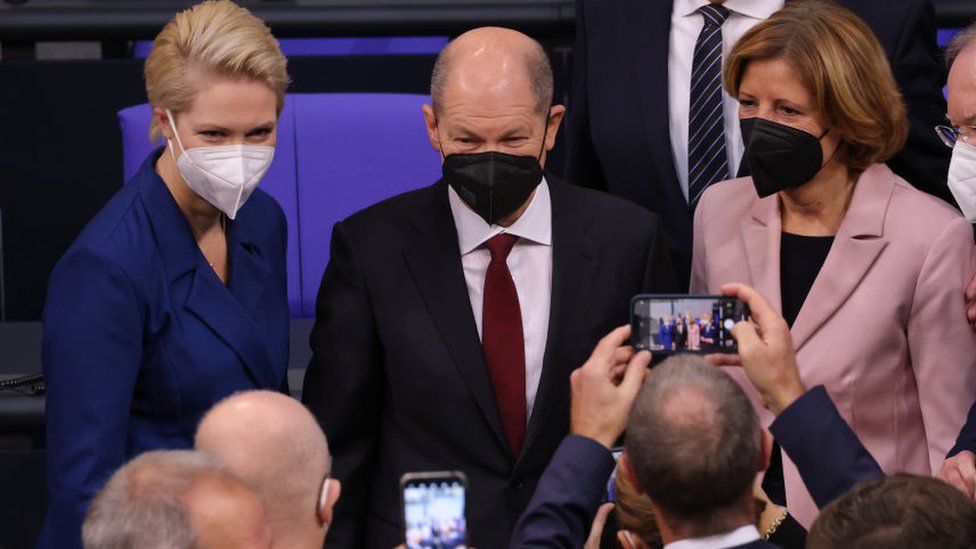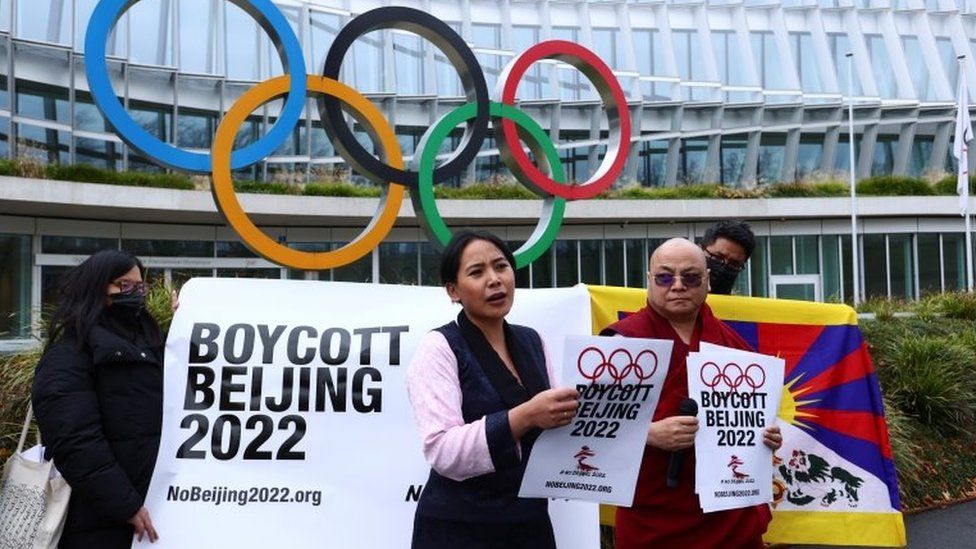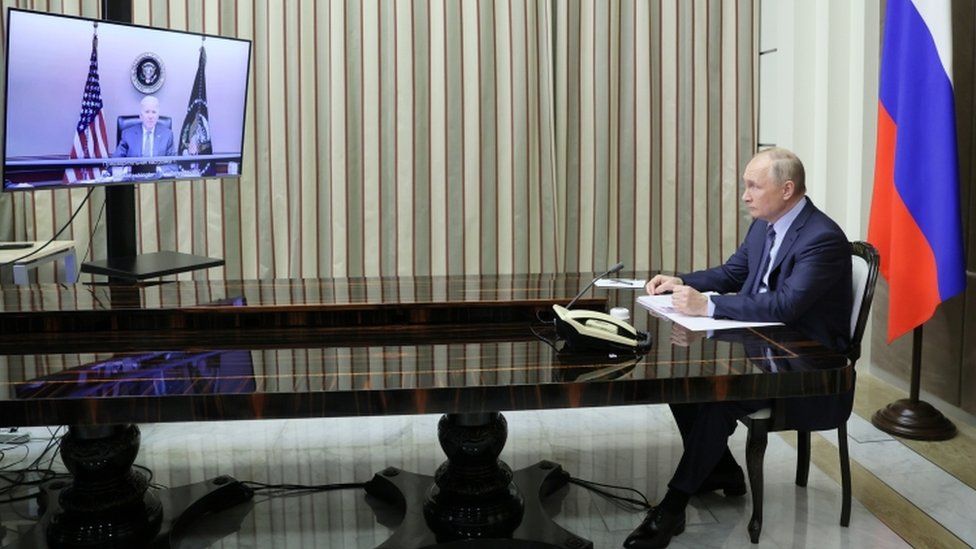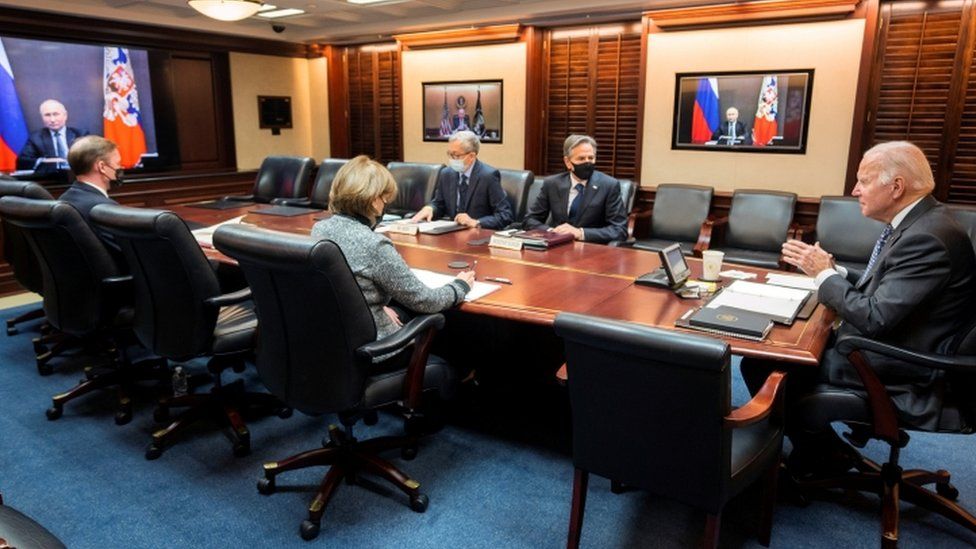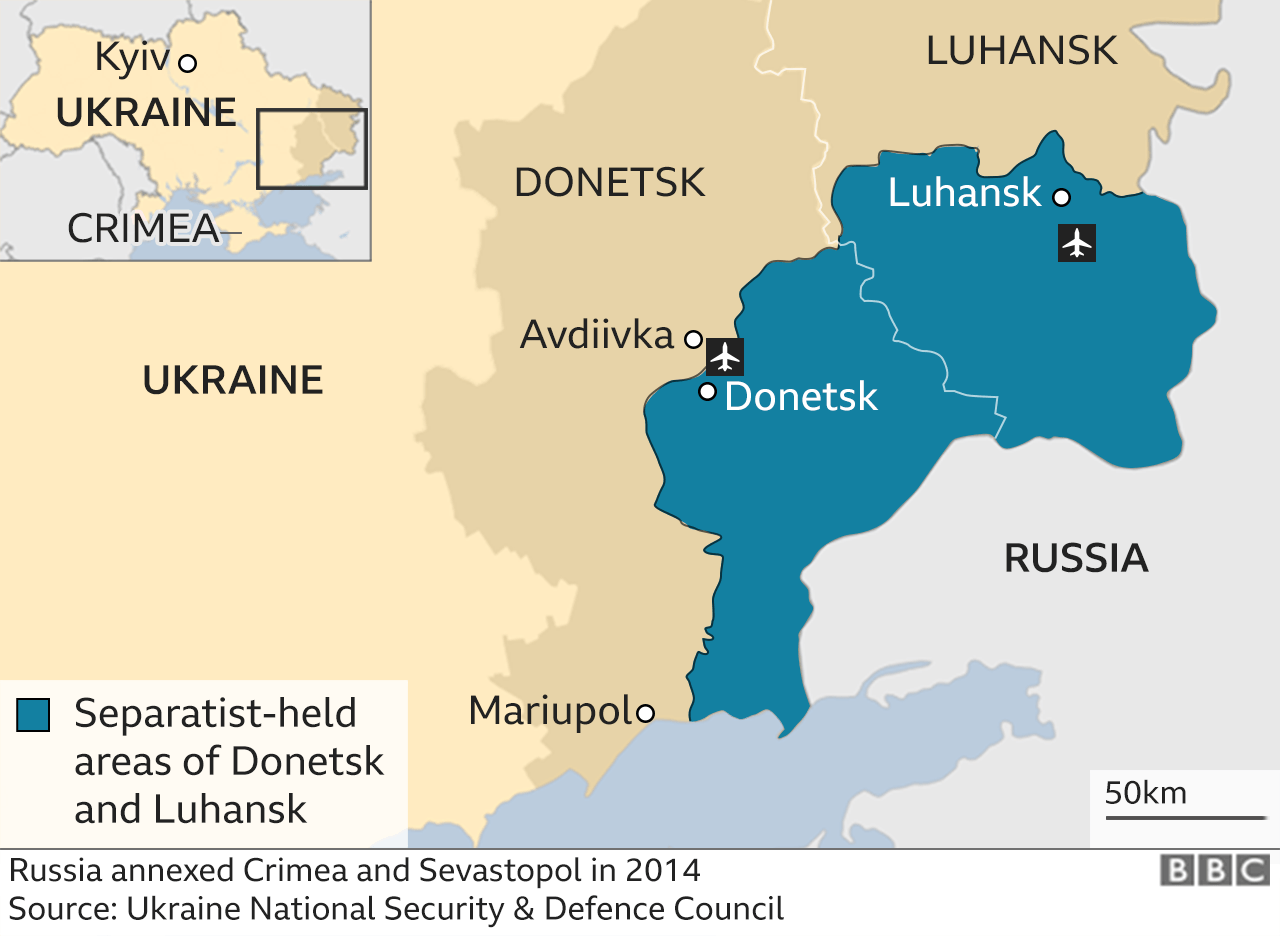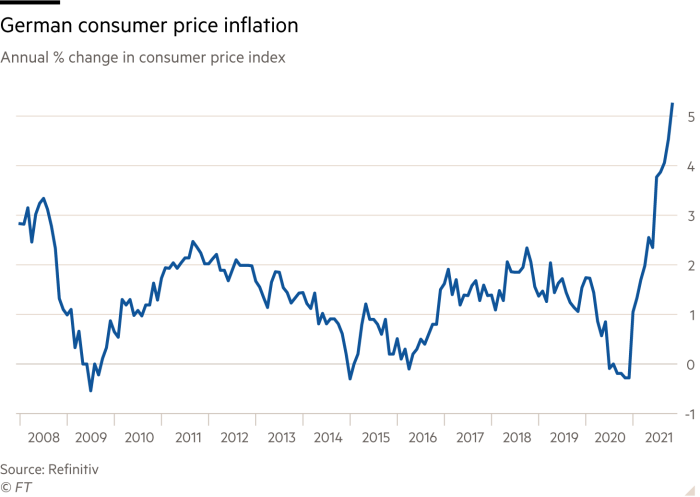
Germany’s Bundestag has elected Olaf Scholz of the left-of-centre Social Democrats as chancellor, bringing the curtain down on 16 years of conservative rule under Angela Merkel.
Scholz will lead an unprecedented three-way coalition between the SPD, Greens and liberals that has pledged to modernise Germany, tackle climate change and pursue a slate of progressive social policies.
But his immediate task will be to try to stem a fourth wave of Covid-19 that is putting unprecedented strain on Germany’s hospitals and to raise the country’s stubbornly low vaccination rate.
MPs voted 395-303 with 6 abstentions to elect Scholz. Though a comfortable majority, the result fell 21 votes short of the 416 seats that the three parties in his coalition command in the Bundestag.
Scholz, who has no religious affiliation, omitted the optional phrase “so help me God” from his oath of office, just like the last SPD chancellor, Gerhard Schröder who governed from 1998-2005. The Green co-leaders Robert Habeck and Annalena Baerbock, who will serve as economy minister and foreign minister respectively, did the same.
A taciturn former labour lawyer, Scholz is only the fourth SPD chancellor since the second world war. He led the party to victory in September’s election by portraying himself as a safe pair of hands in uncertain times and therefore Merkel’s natural successor.
Scholz will undertake his first foreign trip on Friday — to Paris, for talks with Emmanuel Macron, and to Brussels, where he will meet EU and Nato leaders.
Merkel, who watched Scholz’s election from the Bundestag’s public gallery and who is retiring from politics, was given a standing ovation by MPs.
The new government has agreed an ambitious plan to fight climate change by vastly expanding Germany’s renewables capacity, speeding up its exit from coal power and putting 15m electric cars on the roads by 2030. It also plans to raise the minimum wage and build 400,000 flats a year, a quarter of them subsidised by the state.
In addition, the coalition parties want to legalise cannabis and liberalise immigration rules to ease the path to German citizenship.
Scholz’s elevation to the chancellery caps a long career in politics. He was federal labour minister during the global financial crisis and mayor of Hamburg, one of Germany’s largest cities, from 2011-18.
But he has often been mistrusted by leftwingers in his own party who never forgave his support of Schröder’s reforms to the German labour market and welfare system in the early 2000s.
He lost the contest for the leadership of the SPD in 2019, but a year later, was chosen as the party‘s candidate for chancellor and oversaw a remarkable resurgence in its poll ratings. That culminated in a narrow victory over Merkel’s CDU/CSU in the September election.
https://news.google.com/__i/rss/rd/articles/CBMiP2h0dHBzOi8vd3d3LmZ0LmNvbS9jb250ZW50Lzk3ODBiNGM2LTJiOWUtNDlkNy1hZmNlLTIwZmM2ZThjZWY4MdIBAA?oc=5
2021-12-08 16:59:50Z
1091307089
